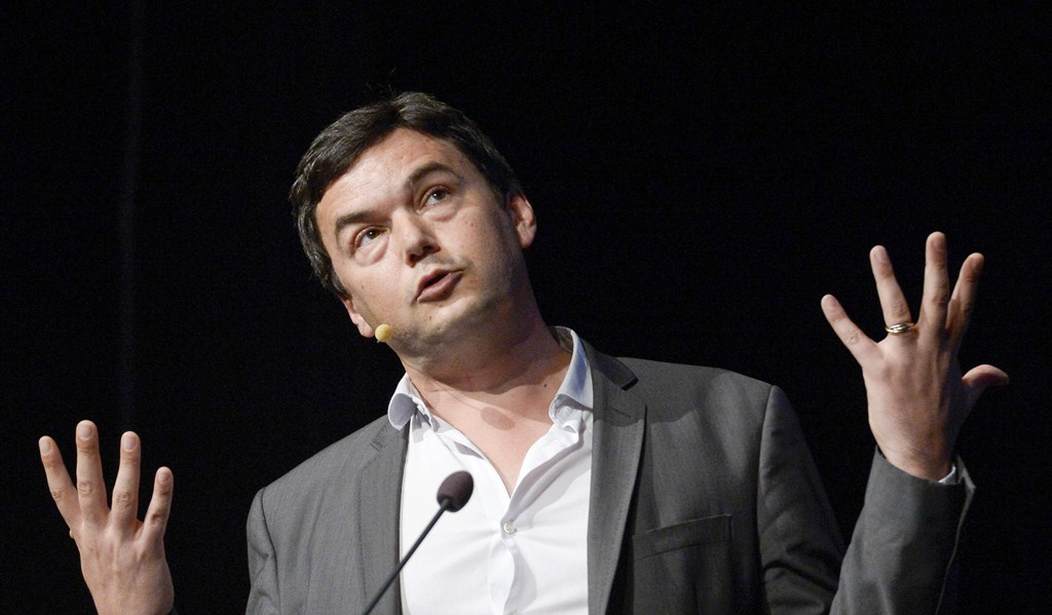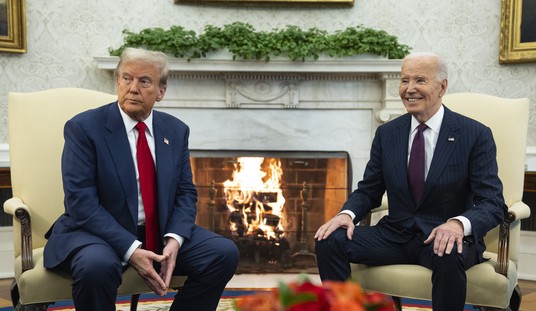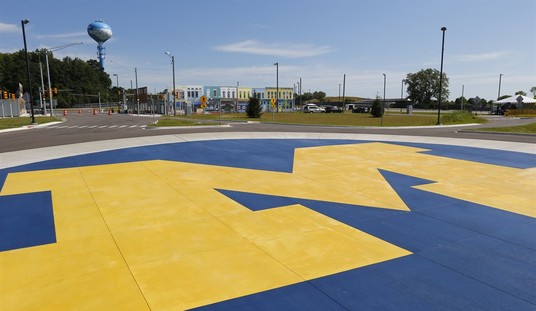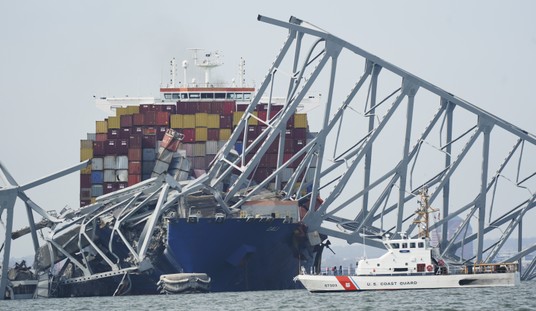Remember the chants of “We are the 99 percent”? Remember the tent cities put up in public spaces around the country? Remember when they were finally cleared out after cities decided they’d had enough of Occupy? But as many people noted at the time, the group’s message of wealth inequality lived on.
In fact, a couple years after Occupy an economist named Thomas Piketty came along who seemed to justify all the fears about rising inequality. His book Capital in the Twenty-First Century became a cause celebre on the left. The gist of his argument was that the rise of inequality was inevitable. But over the weekend Noah Smith pointed out that something surprising has happened lately.
Piketty’s book was perfectly timed to coincide with an explosion of leftist political sentiment and popular unrest. In an age where everyone needs data to back up their arguments, Piketty’s inequality numbers were something solid and tangible that people could point to and argue that capitalism was naturally unstable, and that the U.S. was in a moment of deep crisis. Progressives hammered home the message of a Second Gilded Age day in and day out — in fact, they are still hammering it home…
Inside the econ profession, meanwhile, the book sparked its share of fiery debates — the most dramatic moment was at the 2015 American Economic Association meeting, when Piketty suggested that his critics were bought and paid for by the rich. In the more staid forums of papers and blogs, economists found any number of reasons to take issue with Piketty — he ignored the costs of capital depreciation, he ignored the fact that much of the income from “capital” was actually income from land, his theory relied on some questionable assumptions about savings rates, etc. Some even argued that Piketty’s data itself was unreliable…
So for a number of years, many of us thought very hard about ways that inequality could be curbed before it got completely out of hand…then an interesting thing happened — inequality started going down a little bit.
Smith then presents a bunch of data from a few different sources all of which basically shows the pandemic and inflation seems to have put a real dent in inequality.
What’s also interesting is that the recent dip follows about eight or nine years of plateau, or even decline, for the top wealth shares. It seems that right around the time Piketty published his book, the trend of relentlessly rising wealth inequality that had been in place since around 1980 came to a halt…
It’s important to note that the drops in inequality are all very modest — only enough to cancel out the rise in inequality that happened in the years immediately following the financial crisis, and certainly not yet enough to reverse the long trend of the 80s, 90s, and early 00s. And this could also just be a temporary reprieve. But the failure of inequality to continue rising since Piketty’s book came out suggests that predictions of an imminent crisis of capitalism was overdone. This, as much as any academic pushback, may be why we don’t hear Piketty’s name thrown around as much these days.
So why is this happening? Smith argues that a big part of the decline among the wealthiest is the drop of the stock market driven by trends such as deglobalization, slow population growth, high interest rates, etc. As he sees it, the current situation may not have proven Piketty wrong so much as proven that it took some pretty big global changes to (at least temporarily) reduce inequality. But the most interesting part of his piece comes at the end where he points out that the fact that things have changed at all may mean some of the critics of capitalism may have underestimated it’s ability to self-regulate.
…it also seems possible that this demonstrates not the fundamental instability of democratic capitalist systems, but their fundamental self-correcting stability. Stock prices can outpace economic fundamentals for a long time, but probably not forever. An economy that focuses on cultivating highly educated workers will eventually find itself more in need of laborers, and their wages will rise.
And he closes with the suggestion that maybe Piketty himself, by raising a warning about inequality, was part of that self-regulating mechanism. It’s a well-written and interesting piece. I suspect he’ll get some pushback on it over the next few days.








Join the conversation as a VIP Member